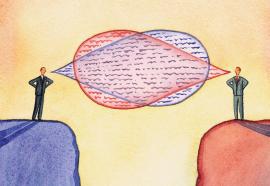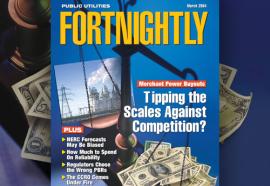Smart Grid in America and Europe (Part II)
Past accomplishments and future plans.
Policy makers in the E.U. and the United States are taking different approaches to facilitating smart grid development. While both regions are setting standards that the rest of the world likely will follow, they also face difficult challenges in resolving issues around cost recovery, customer engagement and workforce preparedness.






